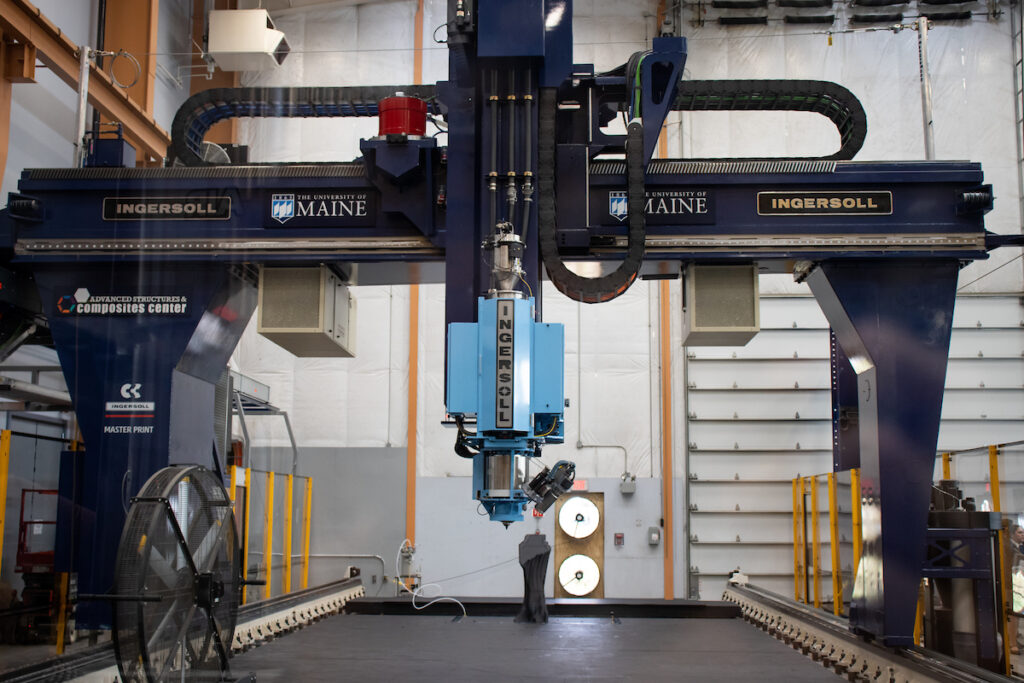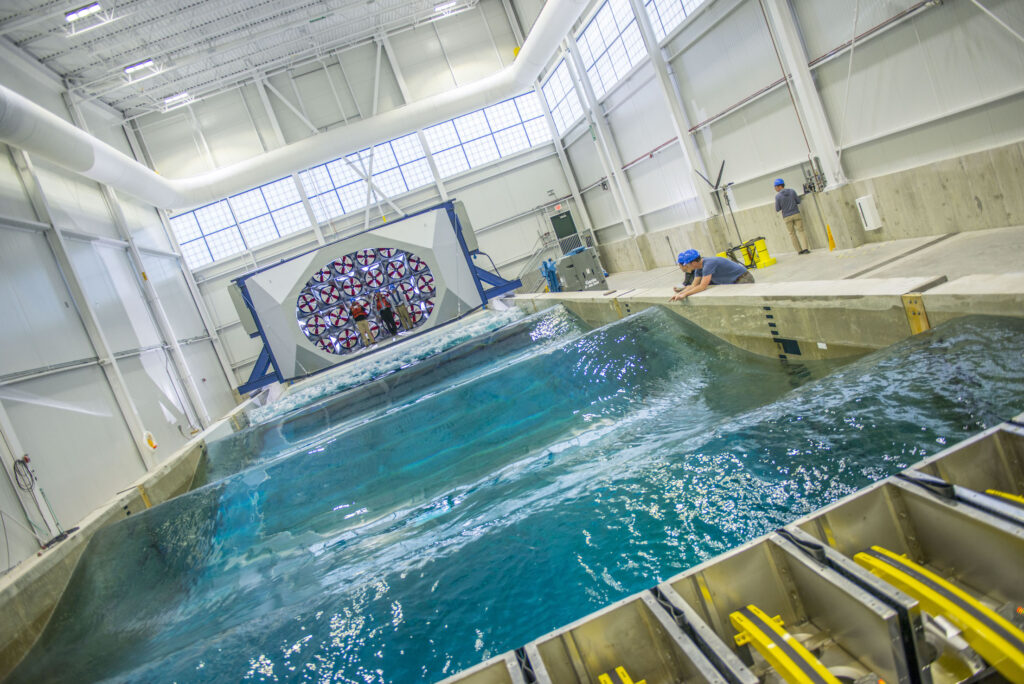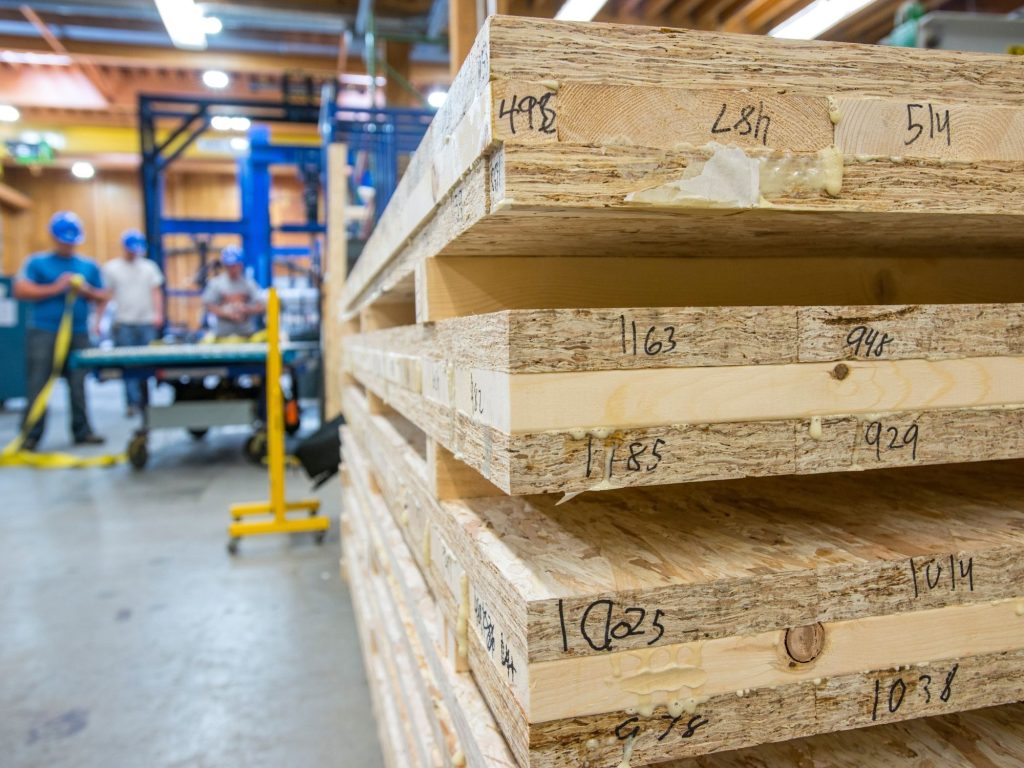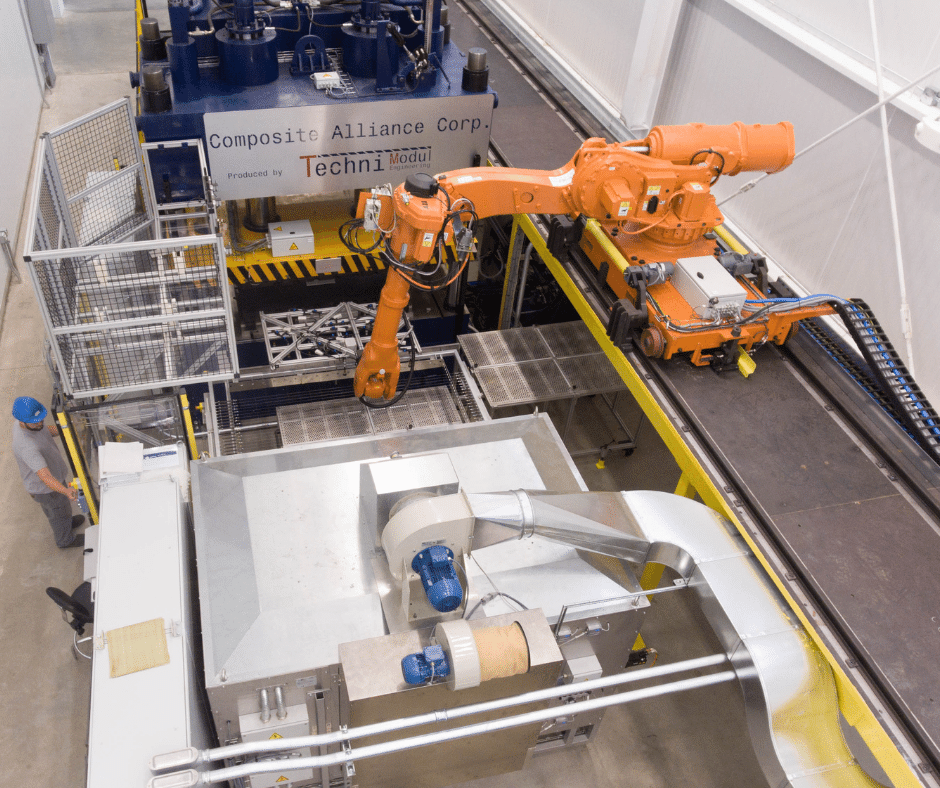Facilities
Facilities &
Capabilities
World-class Research, Innovation & Facilities
Maine’s Largest
University Research Center
The Advanced Structures and Composites Center is a world-leading, interdisciplinary center for research, education, and economic development encompassing material sciences, manufacturing, and the engineering of composites and structures. The Center is housed in a 100,000 ft2 ISO 17025-accredited testing laboratory.
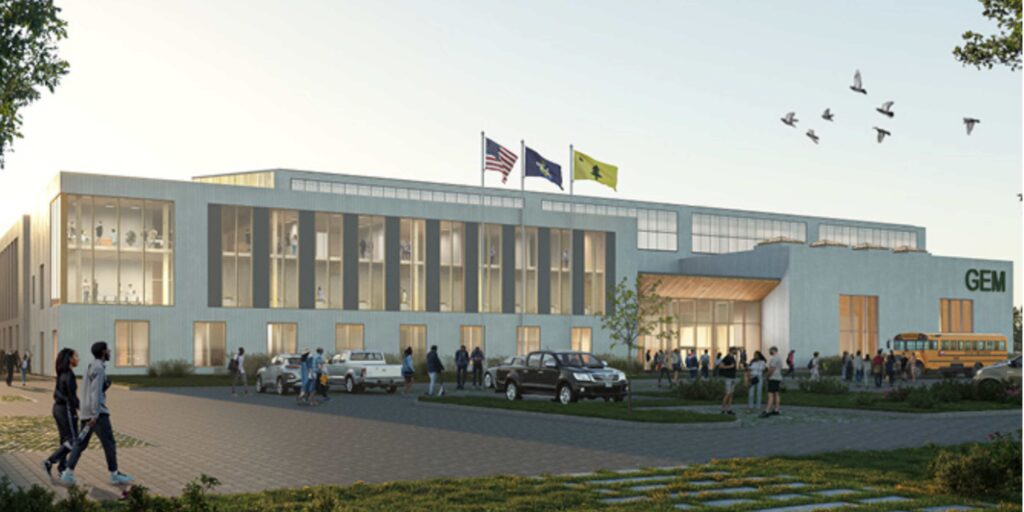
Join Our Team
Interested in learning more about career opportunities at the ASCC?
Alfond Advanced Manufacturing Lab for Strucutal Thermoplastics
Instrumentation in the Structural Testing Lab
Alfond W2 Ocean Engineering Lab
Wood Pilot Line
Structural Testing in the Offshore Wind Lab
Structural Testing Lab
Alfond Advanced Manufacturing Lab for Strucutal Thermoplastics
Additive Manufacturing
World’s Largest Polymer 3D Printer
Wood Testing in the Structural Testing Lab
Alfond W2 Ocean Engineering Lab
Wood Composite Testing

